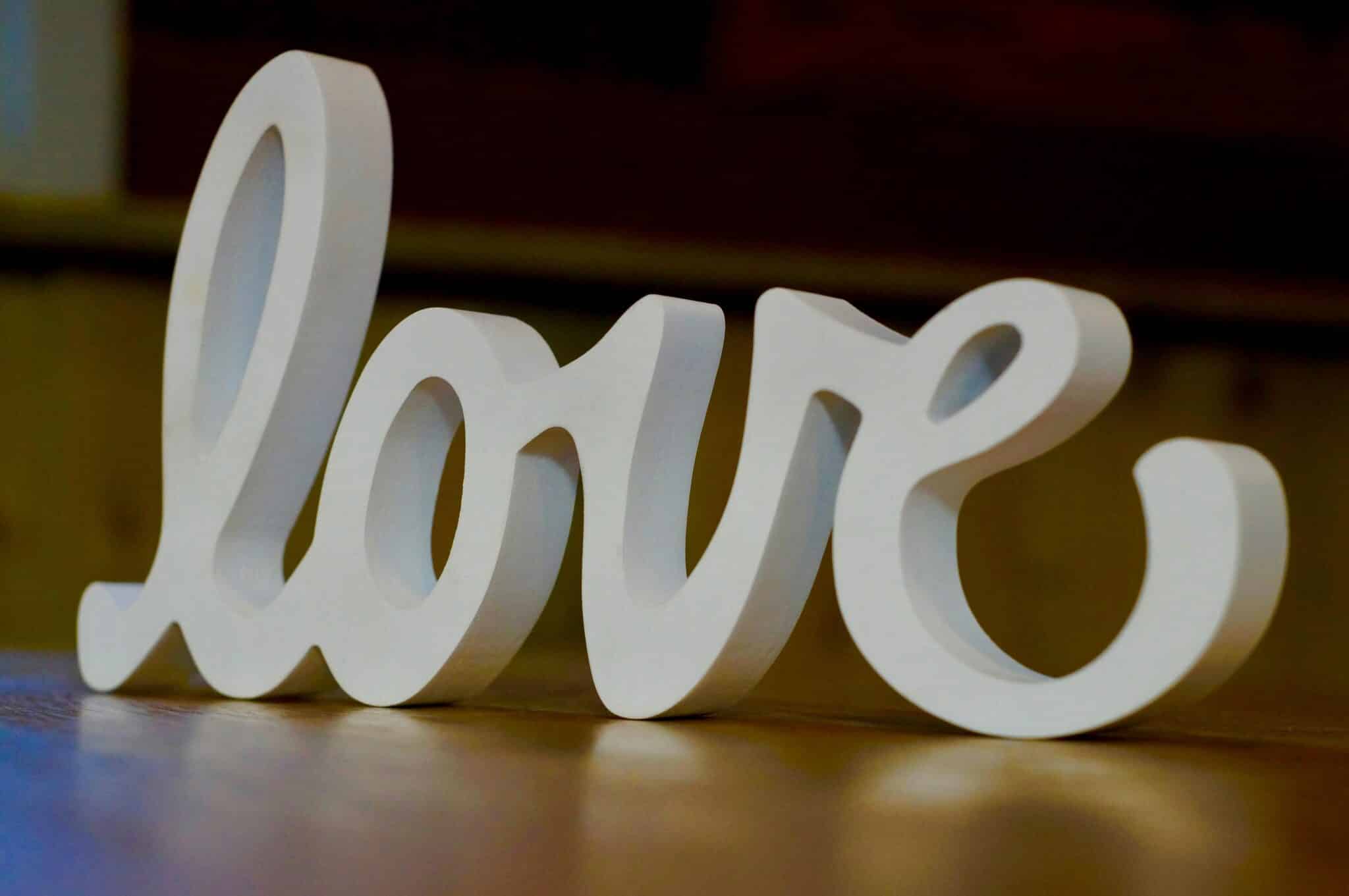Saying no. It sounds simple, doesn’t it? Yet, for many of us, those two little letters carry a weight that can make our hearts pound and our minds race with doubt. We want to be kind, to help, to connect-but often, in the process, we lose sight of ourselves. Mastering the art of saying no with heart and courage isn’t about shutting doors or pushing people away. It’s about honoring our own boundaries, values, and well-being while still showing compassion and respect. In a world that constantly asks us to give more, learning to say no gently and bravely can be one of the greatest gifts we offer ourselves-and others. Let’s explore how to do it, not from a place of fear or guilt, but from a place of strength and love.
Understanding the Emotional Barriers That Make Saying No So Hard
When we struggle to say no, it often stems from deep-rooted fears that go beyond mere politeness. There’s an emotional turmoil beneath the surface, a battle between our desires to please and our need to protect our boundaries. This conflict triggers feelings of guilt, anxiety, and even self-doubt, making refusal feel like a risk to our social connections or self-worth. We start to question whether standing firm will isolate us or damage relationships we cherish. In reality, these emotions act as invisible chains, binding us to decisions that may not serve our best interests.
Recognizing these emotional barriers is the first empowering step toward transforming the way we respond. Common underlying feelings include:
- Fear of disappointing others: The worry that saying no means letting someone down.
- Desire for approval: Seeking validation by constantly agreeing.
- Conflict avoidance: Avoiding confrontation even at our own expense.
- Low self-worth: Believing our needs are less important than others’.
By acknowledging these emotional weights, we pave the way for greater self-compassion and courage. Embracing the discomfort of saying no can ultimately liberate us, honoring not just others, but our own emotional well-being and authenticity.
Cultivating Compassionate Communication to Protect Your Boundaries
Setting boundaries doesn’t mean shutting people out; it’s about honoring your own needs with kindness and clarity. Compassionate communication invites you to express your limits not as rigid walls, but as open, honest dialogues. When you embrace this approach, you give yourself the grace to say no without guilt or apology. It’s a dance between respecting your heart’s call and valuing the feelings of others, creating a space where honesty can flourish and relationships deepen.
To nurture this delicate balance, practice the art of active listening and self-awareness. Before responding, pause and acknowledge your feelings, then communicate your boundaries with words that are clear yet gentle. Here are some powerful tools to help you master this:
- Use “I” statements: Center your message on your own experience rather than placing blame.
- Offer empathy: Recognize the other person’s perspective without compromising your stance.
- Practice consistent follow-through: Reinforce your boundaries with calm firmness to build trust.
Through compassionate communication, your “no” becomes a profound act of love – for yourself and for those around you.
Practical Strategies to Say No with Confidence and Kindness
When the urge to please others nudges you towards saying yes, pause and anchor yourself in the understanding that your boundaries are sacred. Begin by acknowledging your feelings with honesty, taking a moment before responding. A simple, heartfelt phrase like “I truly appreciate you thinking of me, but I need to decline right now to honor my limits” can create space for kindness without guilt. Remember, saying no is not a rejection of the person; it’s an act of self-respect that nurtures authentic connections.
To cultivate this empowering habit, lean on practical tools that soften the discomfort. Try using gentle alternatives such as “Let me check my schedule and get back to you” or “I won’t be able to commit to this, but I’m cheering you on!” These phrases convey care, maintain goodwill, and make room for emotional ease. Embrace your courage by practicing these responses out loud or journaling them, reinforcing that kindness and confidence can live harmoniously in every no you deliver.
- Use “I” statements to express your own needs clearly.
- Be concise: clarity trumps over-explaining.
- Offer an alternative when appropriate to show willingness without overcommitting.
- Practice empathy to validate both your feelings and theirs.
Turning No into a Gift for Yourself and Those Around You
When you embrace the power of saying no with intention, you’re not just setting boundaries-you’re crafting a sacred space for your own growth and wellbeing. This act becomes a profound gift, not only to yourself but to those who surround you, reflecting an authentic lifestyle that values respect and clarity. Rather than denying others, you’re offering a clear message that your time and energy are precious. This honesty nurtures deeper trust and encourages others to honor their own limits as well.
Transforming “no” into a gift includes recognizing when to decline requests with compassion and grace. It invites you to:
- Free up your emotional bandwidth to invest in passions and relationships that truly nourish you.
- Empower others to step into their own responsibility, creating a balance that uplifts everyone.
- Create healthier dynamics by fostering open communication rooted in honesty, not guilt or fear.
By giving yourself permission to say no, you inspire a ripple effect of courage and self-care that transforms interactions into opportunities for mutual respect and heartfelt connection.
Final Thoughts
Mastering the art of saying no with heart and courage isn’t just about setting boundaries-it’s about honoring yourself and your worth. It takes vulnerability to stand firm and kindness to communicate with empathy. But when you learn to say no from a place of love and bravery, you reclaim your time, energy, and peace. Remember, every no you say is a yes to something more aligned with your true self. So, be gentle with yourself as you practice this powerful skill, and know that with each courageous no, you’re crafting a life that feels authentic and deeply fulfilling. Keep going-you’ve got this.
















